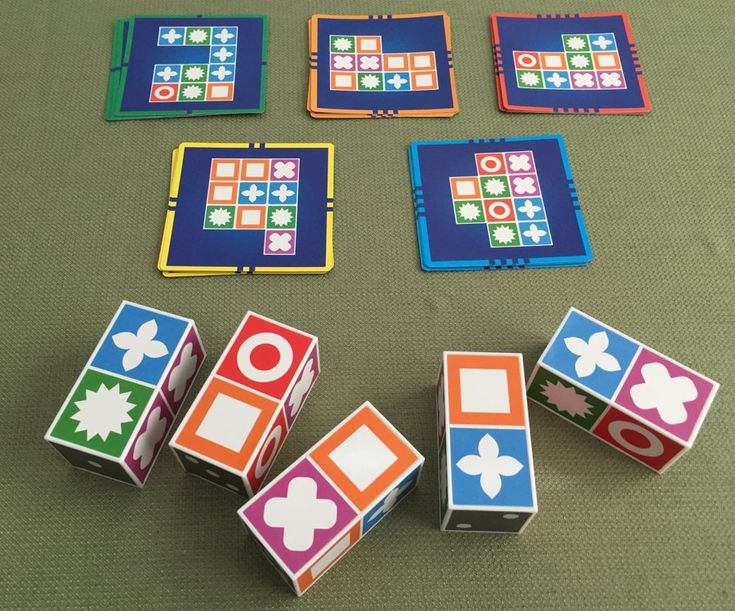Engaging in casual tile-matching games offers more than just entertainment; it provides significant cognitive benefits. These games stimulate mental processes like pattern recognition, spatial awareness, and strategic planning. Challenging memory and problem-solving skills promote cognitive agility and improve concentration. Additionally, their accessible nature makes them suitable for players of all ages, offering a fun and effective way to maintain mental sharpness. Whether arranging tiles to form combinations or strategizing to clear obstacles, the cognitive demands of these games contribute to enhanced brain function and overall mental well-being.
The Rise of Casual Gaming As a Brain-Exercising Tool
Despite often being categorized as mere distractions, casual games like tile-matching puzzles have increasingly been recognized for their cognitive benefits. The simplicity with which these games can be played and their potential to improve mental acuity has endeared them to a diverse demographic. One of the most cherished games in this genre is Mahjong, a classic tile-matching game that has been modernized for online platforms. Playing Mahjong online not only serves as a delightful hobby but also offers players the challenge of recognizing intricate patterns and strategizing moves under time constraints. This harmonious blend of entertainment and brain conditioning positions these games as an attractive option for those looking to enhance their cognitive capabilities while enjoying well-deserved downtime.
Memory Fortification through Interactive Puzzle Solving
Tile-matching games, by their very nature, are memory-intensive. Attention and recollection are necessary as shapes, colors, and patterns come into play. As individuals match tiles, they unwittingly reinforce their memory muscles, much like how a strenuous physical workout would build strength in the body’s muscles. With every game, players effectively participate in an interactive form of ‘memory training,” which can be particularly helpful for keeping the mind agile and responsive. Regular immersion in these puzzles not only sustains one’s current memory capabilities but can also bolster the ability to take on new and complex tasks involving memory skills.
Enhanced Pattern Recognition and Problem-Solving Skills
The seemingly simple act of matching tiles based on intricate designs trains the brain to recognize varied patterns faster and more efficiently – an ability critical in many life scenarios, such as learning new languages or deciphering complex information. Moreover, these games often present unique challenges with each level, requiring the player to devise and adopt different strategies to progress. This continuous engagement with problem-solving scenarios grows the player’s ability to navigate obstacles in-game and life. Such skills are invaluable, as they can seamlessly transfer to professional and personal situations that demand quick and creative thinking.
Casual Gaming as Stress Relief: A Mindful Approach
It’s an era where stress is an unavoidable companion in daily life. However, leisure activities like playing casual tile-matching games can offer significant relief. As individuals become absorbed in resolving the game’s challenges, they enter a state of concentrated calm akin to ‘flow’ that psychologists identify as immersed and fully engaged in an activity. This can effectively pull individuals away from the cycle of stress and provide a respite with immediate and long-term benefits. Through casual gaming, mindfulness is inadvertently practiced, allowing thoughts to be focused and leading to a serene mental state, equating to decreased anxiety levels.
Building Healthy Cognitive Reserve with Daily Gaming Habits
A cognitive reserve is a safeguard, a buffer against cognitive decline. It is acquired through engagement in various brain-stimulating activities throughout one’s life. Games that challenge a person’s way of thinking extend past mere entertainment—they form an integral piece in the puzzle of cognitive longevity. People can build up a cognitive reserve by playing these puzzle games regularly. This reserve could act as a mental defense mechanism, strengthening and fortifying the brain against aging and other degenerative processes.
Social Interactions in Online Gaming Platforms and Their Benefits
As the social aspect of online gaming platforms continues to evolve, it enriches the playing experience by allowing for interactions beyond the screen. Players can form global connections, engage in communal goal-setting tasks, or enjoy casual conversations while playing. These interactions bolster cognitive benefits through the added layer of social cognition—understanding and responding to the mental states of others. Additionally, the camaraderie built within game communities can act as a support system, creating a sense of belonging that underpins mental wellness and combats feelings of isolation.
Staying Sharp with Age: How Casual Games Can Help
Losing cognitive function is one of the biggest concerns of getting older. However, through regular gaming, senior citizens have found a way to engage in cognitive training actively. Through their simple interface and complex challenges, Tile-matching games cater well to the older generation, providing a mental gymnasium where they can flex their neurons and keep their mental faculties tuned. Maintaining a gaming habit can improve life satisfaction and offer a fun and interactive way of preserving cognitive health well into one’s golden years.
Recent research on Psychology Today underscores the benefits of casual video gaming in reducing stress and improving overall health. For deeper insights into the role of gaming in developing a sharper mind, one can refer to a comprehensive study on SharpBrains. These sources reinforce the findings that tile-matching games and other casual gaming forms hold significant value for cognitive health and stress management, supporting that such hobbies can be more than mere pastimes—they can be critical components in a strategy focused on maintaining and enhancing mental function.

